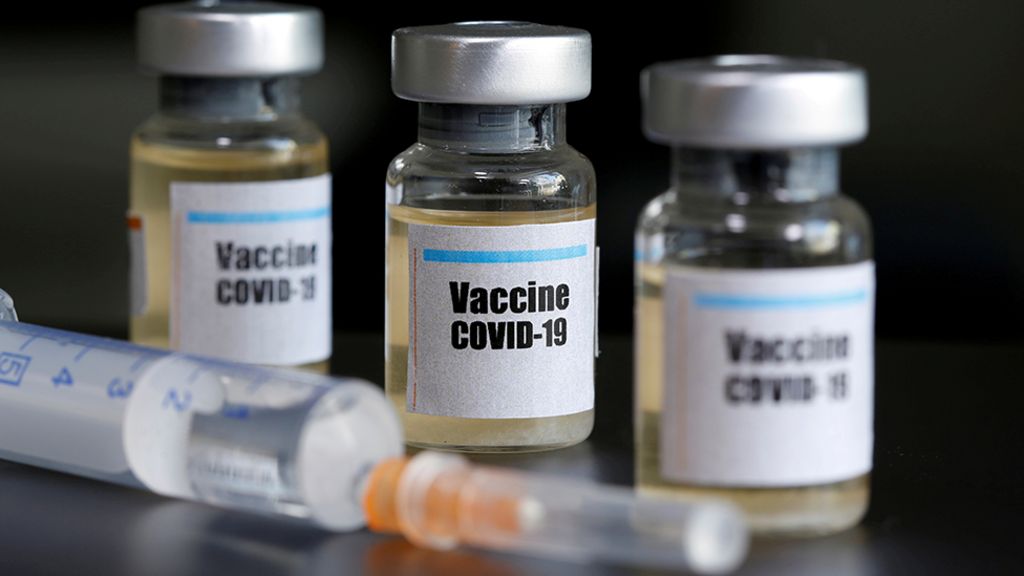
Everyone I knew in January 2020 may have dyed their hair green and grown fourteen inches in the past year. I would not know.
Since March 14th, 2020, I have not seen a single friend in person- not even with social distancing measures- on purpose. My family has taken the guidelines published by the Center for Disease Control and Prevention to a new level of adherence by carrying multiple masks, hand sanitizers, and wipes when we step a foot out of our front door. Some of my neighbors are living proof that not everyone can say that they have done the same, and it is because of this that my life is on hold.
I live in a comfortable estate with my father, mother, and middle school sister and we already have what tens of thousands of American families do not: clean water, consistent stocks of food, entertainment, and school. I cannot claim to be at the brunt of this pandemic. I do, however, take issue with the greed in my community: the root of uncontrollable COVID-19 counts and vaccine shortages for people in need.
The system of vaccine distribution gives priority to two groups: age 65 and up, and people who claim to have underlying conditions that make them more vulnerable to COVID-19 damage. Of course, counties neither want to nor are physically able to gain proof from every such person who makes a claim of underlying conditions: an honor system. Nothing stops a twenty-two-year-old free of diabetes, dementia, obesity, or a heart disease from claiming he does, in fact, have one. The issue arises when thousands of such healthy citizens disregard others’ situations and think only of the beach trips and visits they will make given the first opportunity.
What disillusions me even more is how common it has become to lie about being a healthcare worker. Countless Americans fit only unofficially under the category of “frontline workers,” like traveling journalists, so they are not given priority. With a we-will-never-know number of selfish citizens lying about their conditions and jobs, the numbers of vaccines left for those whose lives are on the line remain meager.
According to my state, my mother fits into the category of people prioritized in distribution, as she is overweight, yet it took her weeks of hesitation- and belief that others need the vaccine more than she does- to even sign up for an appointment. It is not only her who her decision affected: it has inevitably changed the course of her two teenage daughters’ lives for an entire year.
49% of American 17-year-olds have their driver’s license, and I imagine this number is significantly higher in my county, where money pays for most students’ lessons and early drivers’ tests. My fear of taking lessons with someone who could potentially transmit to me COVID-19- which I may transfer to my parents- has kept me from doing all the things my peers are. The same has been said for school, which offers an in-person hybrid option. Consistent with my driving, I have opted to stay at home.
I would be remiss if I did not acknowledge that I live in luxury. Too many people are living paycheck-to-paycheck, while others live comfortable, fully-vaccinated lives. It does not have to be this way. If more was done to show families like mine how much their patience helps the state, more would be cognizant about the people they interact with and how each interaction ties in to the continued spread of the virus.
There is not one reason that so many of us have let our guard down. Most groups experience isolation fatigue: the unwillingness to make persistently good decisions from exasperation with social restrictions. Even those who spent the later weeks of March 2020 in making homemade masks for others and abstaining from parties now throw their hands up with resignation.
In a time defined by spending endless hours in a limited space, we must work to minimize blatant lies and spread support. After all, it is not only one group that is suffering.

